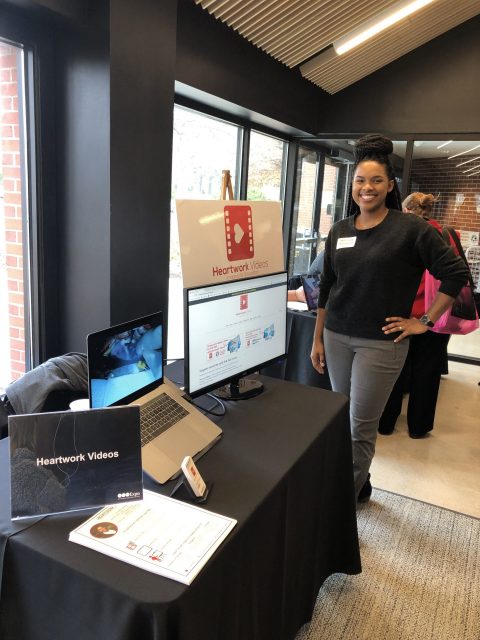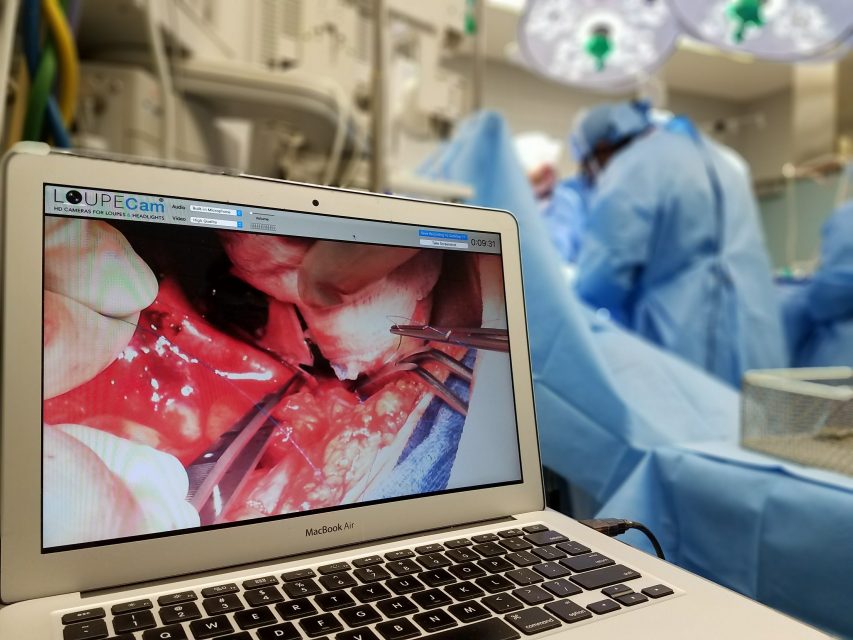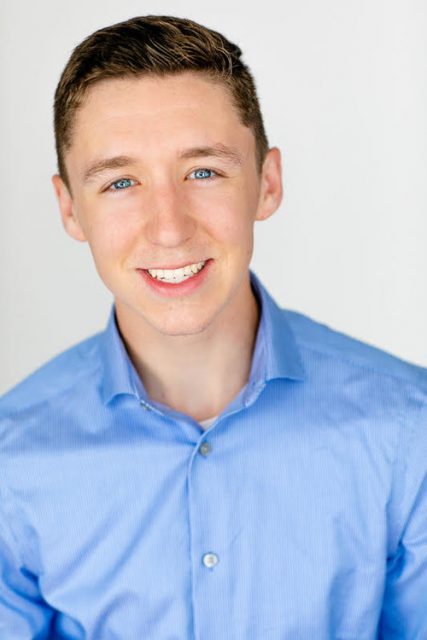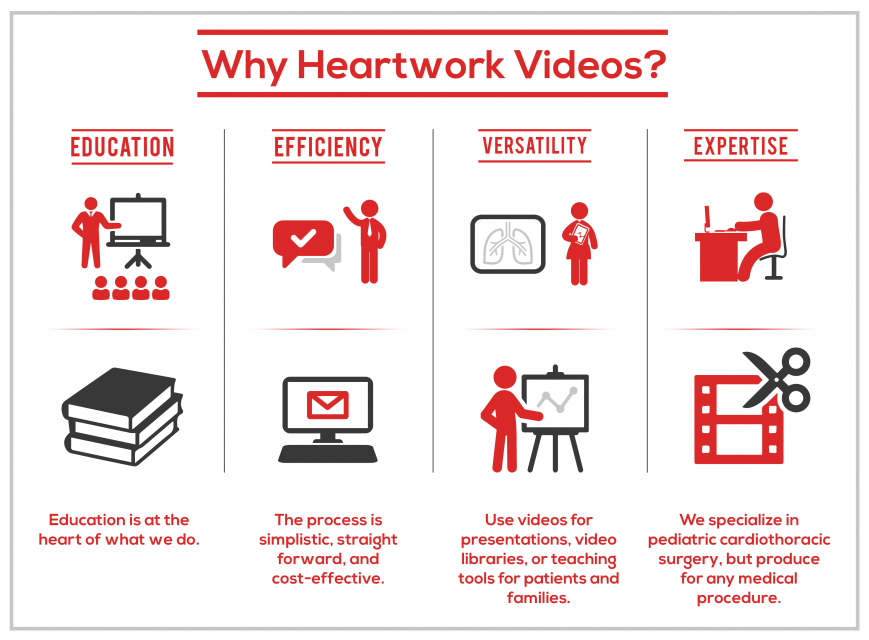Better prepared surgeons save lives and innovation in surgical training will always be a top priority in the medical field. Every day, surgeons around the world film their cases, but they don’t have the time or expertise to edit that footage. In 2016, Heartwork Videos launched to meet that need.

Surgeons submit hours of raw footage recorded in the operating room to our Heartwork producers, we edit that footage, add annotations, diagrams and voice-over narration, and then send the client a concise, comprehensive educational video they then use for training.
Since 2012, Heartwork’s founder, Rachel Lee, has been editing surgeries, developing instructional video libraries and finding technology-based solutions for performance improvement and clinical research studies. Today, Heartwork’s clients include prestigious academic medical centers and hospitals such as Washington University School of Medicine, Columbia University Medical Center, and Le Bonheur Children’s Hospital.

The potential for Heartwork Videos’ impact on patient care from every city in the United States to developing countries around the world is beyond anything we could have ever imagined. In 2017, our client, a pediatric cardiothoracic surgeon, asked us to edit footage of a Blalock– Taussig (BT) shunt.
He stressed how important it was to show the details of the anatomy because in six weeks he would be performing an extremely complex heart transplant on that same patient. We produced both the BT shunt and heart transplant videos with clear, critical details for him. The transplant video was submitted and accepted to The Society of Thoracic Surgeons’ 54th Annual Meeting in Ft. Lauderdale, FL. He presented his case to a very impressed and congratulatory audience, proving the global impact of our service.

In the years ahead, we will continue to help surgeons improve upon their technique and skills with our educational videos. We want to embed our techniques into more research-based projects like our partnership with Columbia University Medical Center’s Congenital Heart Technical Skill Study. Finally, we will utilize artificial intelligence technology that will aggregate raw surgical data, 3D print technology, angiograms, MRIs and other tests to aid in providing data-driven solutions for complex diagnoses.













